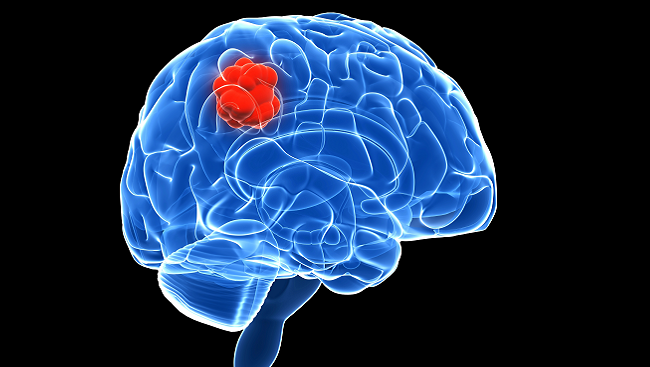Scientists Discover Favorable Drug Merger Against Fatal Childhood Brain Cancers
Scientists discover a favorable drug merger against fatal childhood brain cancers. Researchers have conceived a contemporary plan of assault against a coup of lethal childhood brain cancers simultaneously called Diffuse Midline Glioma (DMG) involving Diffuse Intrinsic Pontine Glioma (DIPG), thalmic glioma and spinal cord glioma. Scientists at the National Institute of Health California and Dana Farber Cancer Institute Boston associated a drug pair that operated together to both terminate cancer cells and against the impacts of a genetic mutation that engenders the illness.
The researchers portrayed that amalgamating the two drugs panobinostat and marizomib was more successful than either drug by on its own in terminating DMG patient cells developed in the laboratory and in animal models.
Their studies also disclosed a formerly obscure susceptibility in the cancer cells that scientists might be able to make use of advancing contemporary plan of action in opposition to cancer and connected illnesses.
DMGs are hostile, difficult to cure tumors that constitute the premiere cause of brain cancer connected death amidst US children. DMGs methodically impact a few hundred children a year between ages 4 to 12, most children expire within a year of detection.
The majority of cases of DMG are engendered by a particular mutation in histone genes. Histones are protein systems in the cell nucleus. DNA intertwines around histones to constitute chromatin which encases DNA in the nucleus. How DNA twists and untwists around histones is affected by enzymes involving histone deacetylases.
Martin Samuel is the senior news reporter for All Go News. Samuel covers Healthcare. He was attracted to Journalism from the time of college. He has previously worked for The Times. He thinks we should be dedicated to synthesizing and integrating knowledge for the progress of healthcare and the benefit of society.


